How To Be Happy
Happiness is a subjective and elusive concept, but it is something that most people strive for in their lives. It's natural to have ups and downs, but by cultivating certain habits and attitudes, you can increase your overall happiness and well-being.
While there is no one-size-fits-all formula for happiness, research has shown that certain factors can contribute to increased happiness and contentment.
In this article, we'll explore ways to boost happiness and improve your overall satisfaction with life. We'll cover a range of tips and strategies for cultivating happiness and increasing well-being.
Part
1
10 Habits for daily happiness
Happiness is something that we all strive for, but it can often feel out of reach. However, by incorporating small, daily habits into your life, you can increase your overall sense of well-being and contentment.
Here are 10 easy habits you may start today to increase happiness in your life.
1
Gratitude
- Focusing on the good parts of our lives can be aided by keeping a gratitude book and listing the things we are grateful for
- Expressing gratitude towards others can strengthen relationships and improve overall well-being
- Making an effort to enjoy life's small pleasures might make you happier and more fulfilled
2
Exercise
- Exercise Endorphins, which are believed to elevate mood and lessen symptoms of anxiety and despair, are released during exercise
- Participating in outdoor activities can also have an added boost on mood due to the exposure to natural light and fresh air
- Incorporating physical activity into our daily routine can improve sleep quality, which is also important for overall well-being
3
Sleep
- Lack of sleep can lead to irritability, difficulty concentrating, and an overall decrease in mood
- Our ability to sleep better can be enhanced by establishing a regular nighttime routine and providing a relaxing environment
- Avoiding screens and other stimulating activities before bedtime can also help us wind down and prepare for sleep
4
Diet
- A diet high in fruits, vegetables, and other whole foods can provide the necessary nutrients for optimal brain function and mood regulation
- On the other hand, a diet high in processed, sugary, and unhealthy foods can negatively impact mood and well-being
- Eating consciously, while also paying attention to hunger and fullness cues, can improve general wellbeing
5
Kindness
- Performing acts of kindness for others can improve our sense of purpose and connection to the world around us
- Giving our time and resources to others might make us feel happy and fulfilled
- Practicing kindness towards ourselves, such as through self-care and self-compassion, can also improve our overall well-being
6
Loved ones
- Maintaining close and meaningful relationships with friends and family can bring support, love, and happiness
- Reaching out to loved ones during times of need can provide a sense of connection and belonging
- Making time for social activities and quality time with loved ones can improve overall well-being
7
Hobbies
- Hobbies and activities we love to do can give us a sense of accomplishment and happiness
- Hobbies can also provide a sense of escape from daily stress and responsibilities
- Sharing hobbies with others, such as through clubs or group activities, can provide a sense of community and connection
8
Goals
- Setting achievable goals can provide a sense of purpose and direction
- Setting and achieving objectives can make you feel successful and content
- Reflecting on progress and celebrating small wins along the way can boost happiness and motivation
9
Mindfulness
- Practicing mindfulness can help us become more aware of our thoughts and emotions, allowing us to better manage them
- Being present in the moment can also help us appreciate and fully experience life's joys and beauty
- Deep breathing and other mindfulness practices can help us feel better overall if we incorporate them into our daily lives
10
New experiences
- Trying new things and stepping outside of our comfort zone can bring excitement and a sense of adventure
- Our horizons can be expanded and we can be exposed to various viewpoints by actively seeking out new experiences
- Engaging in new activities can also help us learn and grow as individuals
Incorporating these 10 habits into our daily routine can greatly improve our overall happiness and well-being. It is crucial to keep in mind that creating happiness is a process, and that the rewards might not be immediately apparent. However, with practice and consistency, these habits can become part of our daily routine and bring joy and fulfillment to our lives.
Part
2
Emotional intelligence and happiness
The key to happiness is emotional intelligence, which is the capacity to comprehend and control both your own and other people's emotions. By developing your emotional intelligence, you can better navigate the ups and downs of life and build stronger, more fulfilling relationships.
Let’s explore the role of emotional intelligence in happiness and tips for cultivating it in your own life.
1
Self-awareness
- Having a thorough grasp of our own feelings, thoughts, and actions is what it means to be self-aware
- Developing self-awareness can help us better understand ourselves and make more mindful decisions
- Engaging in activities such as meditation and journaling can help increase self-awareness
2
Emotion regulation
- Being able to manage and regulate our emotions is important for maintaining mental well-being
- Techniques such as deep breathing, mindfulness, and self-reflection can help us regulate our emotions
- The ability to control one's emotions can also be improved by enlisting the aid of others, such as a therapist or close friend
3
Empathy
- Understanding and sharing other people's emotions is a sign of empathy
- Developing empathy can improve our relationships and help us connect with others on a deeper level
- Engaging in activities that expose us to different perspectives and cultures can help increase empathy
4
Relationships
- Cultivating healthy and supportive relationships can greatly enhance happiness and well-being
- Making an effort to stay connected with friends and loved ones, and seeking out new relationships, can bring joy and fulfillment
- Practicing good communication and actively listening to others can strengthen relationships
5
Communication
- Effective communication is essential for building and maintaining healthy relationships
- Being honest and open in our communication can improve trust and understanding in relationships
- Learning how to effectively express our thoughts and feelings, and actively listening to others, can improve communication skills
Emotional intelligence plays a significant role in our overall happiness and well-being. By developing self-awareness, emotion regulation, empathy, and strong relationships and communication skills, we can better understand and manage our emotions, and build fulfilling and meaningful connections with others. By cultivating emotional intelligence, we can improve the quality of our lives and find greater happiness.
Part
3
Happiness at work
Feeling fulfilled and content in your job can significantly contribute to overall happiness in life. But how can one cultivate happiness at work?
The following tips will provide some guidance on how to find joy in the workplace.
1
Align values and interests
- Aligning our values and interests with our career path can bring a sense of purpose and fulfillment
- Considering what is most important to us and what brings us joy can help guide career decisions
- Engaging in activities that align with our values and interests can bring happiness and satisfaction
2
Set goals
- Setting goals can provide a sense of direction and purpose, and can bring a sense of accomplishment when achieved
- It is important to set both short-term and long-term goals, and to break them down into smaller, achievable tasks
- Celebrating small wins along the way can help motivate and keep us on track
3
Build positive relationships
- Cultivating positive and supportive relationships can bring joy and fulfillment
- Strong interpersonal ties among coworkers and colleagues can foster a productive and cooperative work environment
- Finding mentors or role models can be helpful for both professional and personal development
4
Seek growth
- Engaging in activities that challenge and stimulate us can bring a sense of accomplishment and personal growth
- Seeking out new opportunities for learning and development can help us grow both personally and professionally
- Taking on new challenges and responsibilities can also bring a sense of accomplishment and fulfillment
5
Work-life balance
- Maintaining a healthy balance between work and personal life is crucial for overall well being
- Setting boundaries, scheduling self-care and leisure activities can help us keep a good balance
- Seeking support from coworkers, friends, and loved ones can also help us manage the demands of work and personal life
There are many factors that contribute to happiness at work. By aligning our values and interests with our career path, setting goals, building positive relationships, seeking growth opportunities, and maintaining a healthy work-life balance, we can find greater fulfillment and satisfaction in our careers. By making an effort to cultivate happiness at work, we can improve the quality of our lives and find overall well-being.
Part
4
Overcoming negative thinking
Our general happiness and mental health might be harmed by negative ideas. However, it is easy to shatter this pessimistic attitude and develop a more upbeat outlook.
The following tips will provide guidance on how to shift your thinking and find happiness.
1
Positive affirmations
- Repeating positive affirmations to ourselves can help shift our perspective and focus on the positive aspects of our lives
- Positive affirmations can help improve self-esteem and boost confidence
- Incorporating positive affirmations into our daily routine, such as through writing or speaking them aloud, can have a positive impact on our mindset
2
Challenge negative thoughts
- Negative thoughts can be detrimental to our mental health and well-being
- It is important to challenge negative thoughts and question their validity
- Learning how to fight unfavorable beliefs can be facilitated by seeking support from others, such as a therapist
3
Gratitude
- By concentrating on our blessings, we can change our perspective and learn to value the good things in our lives
- Keeping a gratitude journal or sharing our gratitude with others can help cultivate a more positive outlook
- Making an effort to enjoy life's small pleasures might make you happier and more fulfilled
5
Joyful activities
- Engaging in activities that bring us joy and fulfillment can improve overall well-being
- A sense of success and enjoyment can be gained from incorporating our interests and hobbies into our daily lives
- Seeking out new experiences and trying new things can also bring excitement and joy
Negative thinking can be a difficult habit to break, but it is essential for maintaining good mental health and happiness. By implementing the tips and techniques outlined in this article, you can begin to shift your mindset and find a more positive outlook on life. Remember, it takes time and practice to overcome negative thinking, but the benefits are well worth the effort.
Part
5
Conclusion
There are many strategies we can employ to improve our happiness and well-being. Practicing positive affirmations, challenging negative thoughts, cultivating gratitude, seeking social support, and engaging in joyful activities are all effective ways to find happiness. It is crucial to keep in mind that pursuing happiness requires effort and may not yield results right away. However, with consistent practice and a commitment to self-improvement, we can find greater happiness and fulfillment in our lives.
Gurgaon!
Reference
Table of Content
Written and reviewed by
Hina Firdous
PhD (Pharmacology) Pursuing, M.Pharma (Pharmacology), B.Pharma - Certificate in Nutrition and Child Care
Ask a free question
Get FREE multiple opinions from Doctors







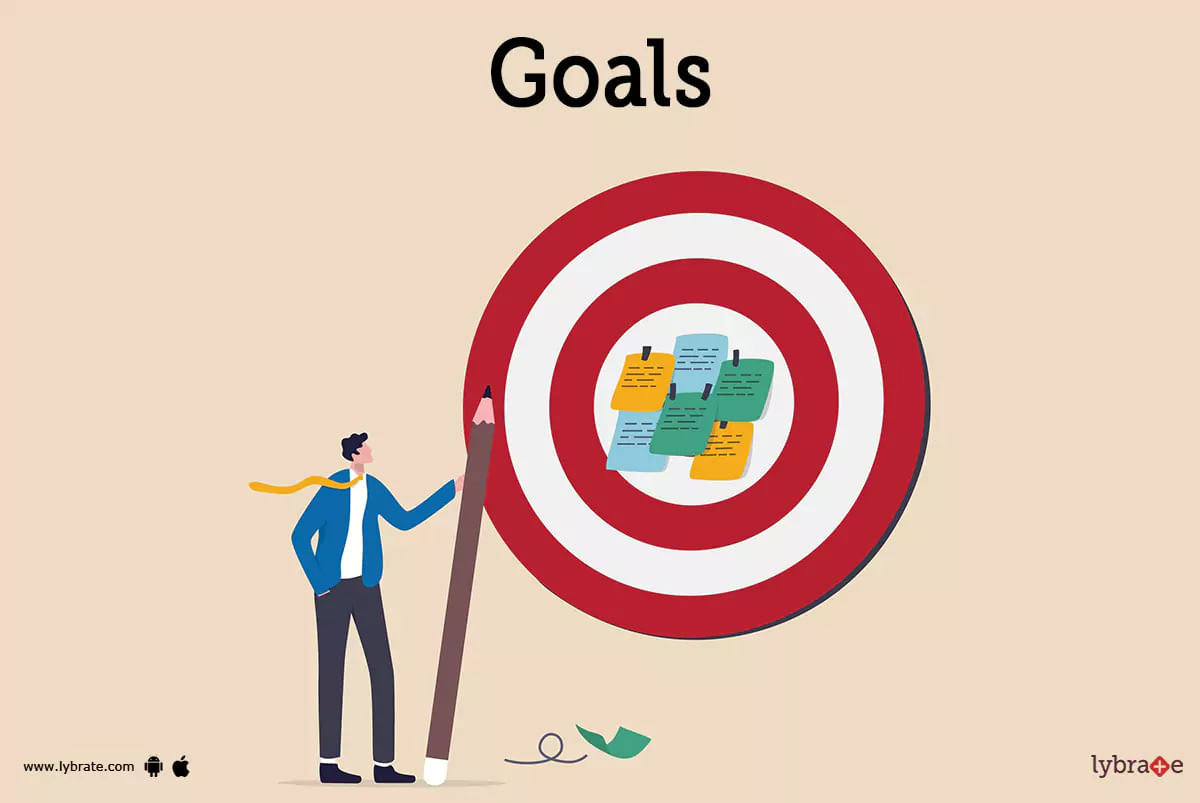
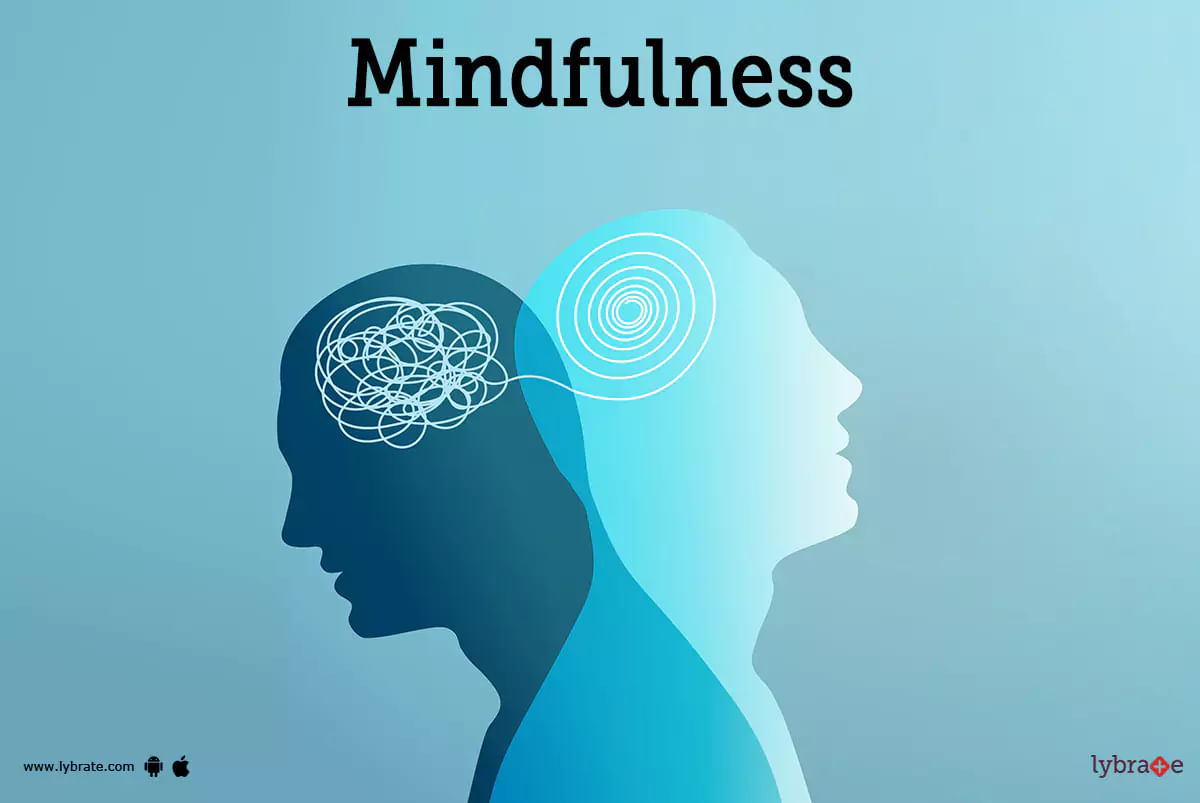
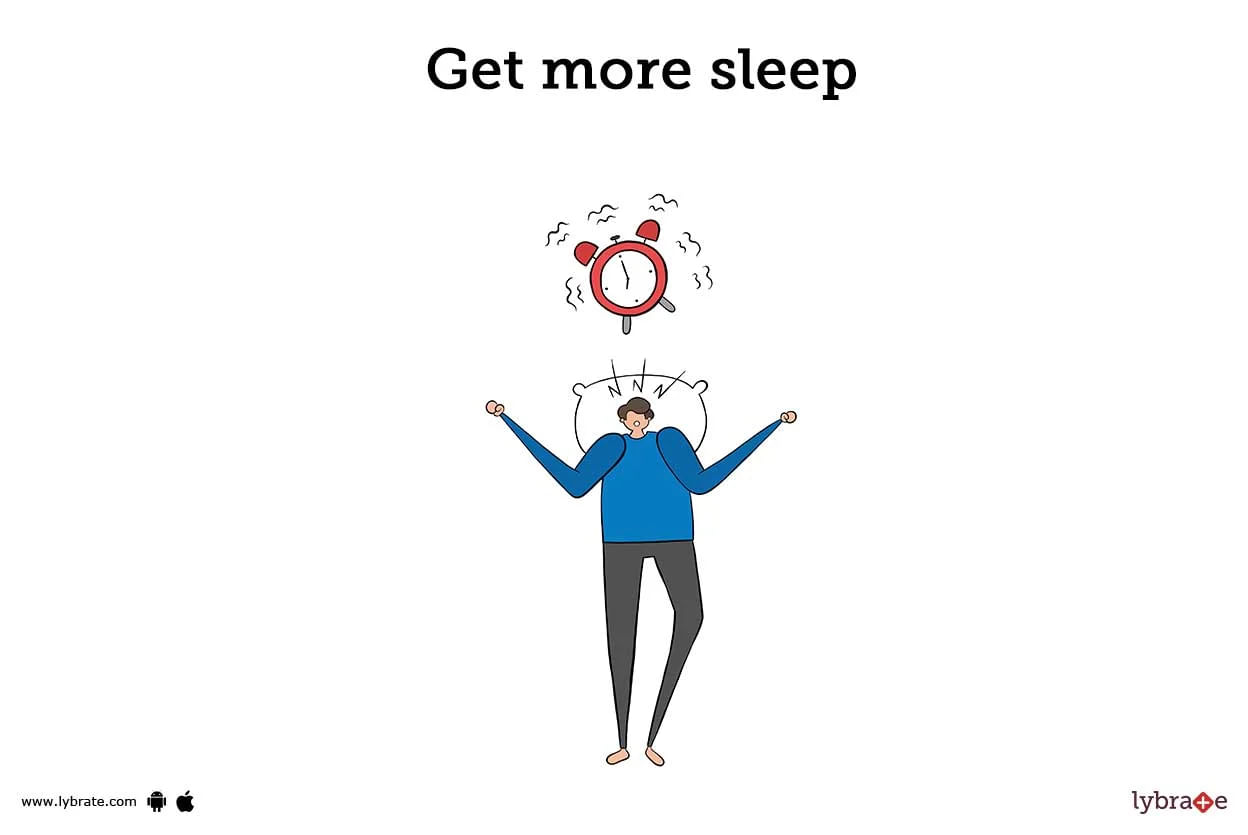
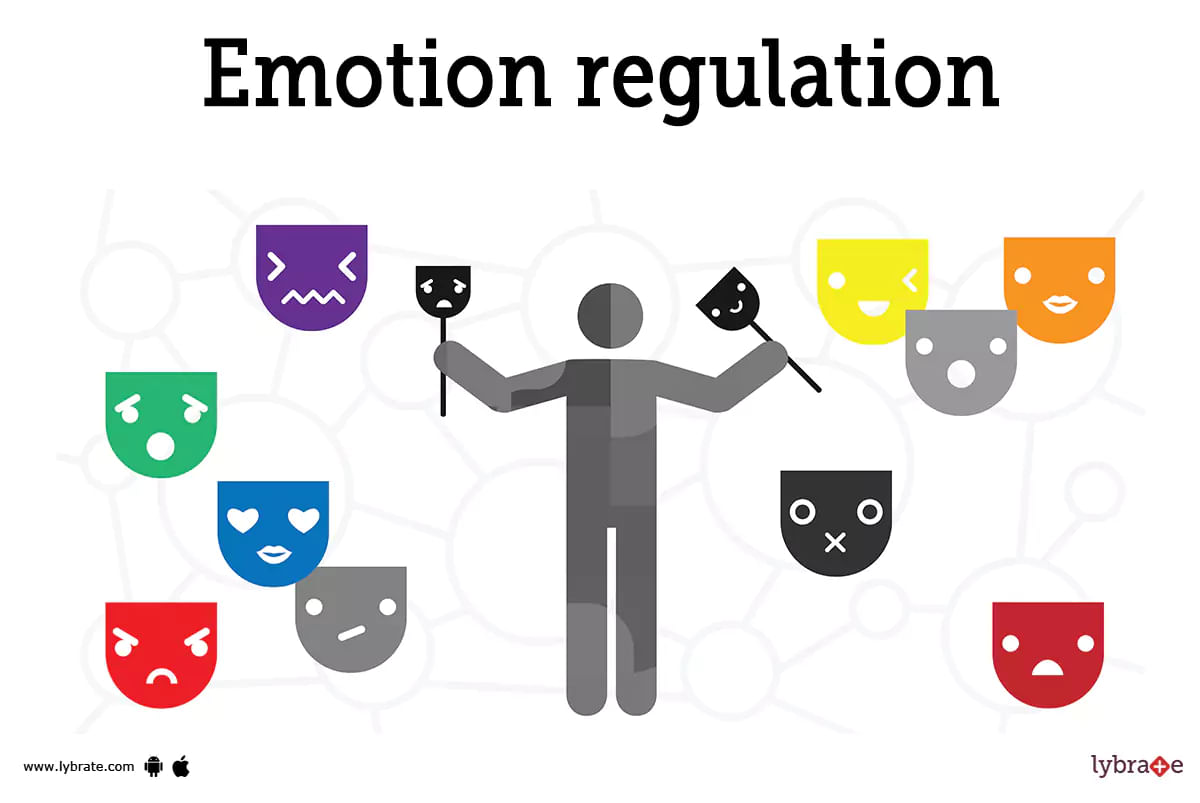
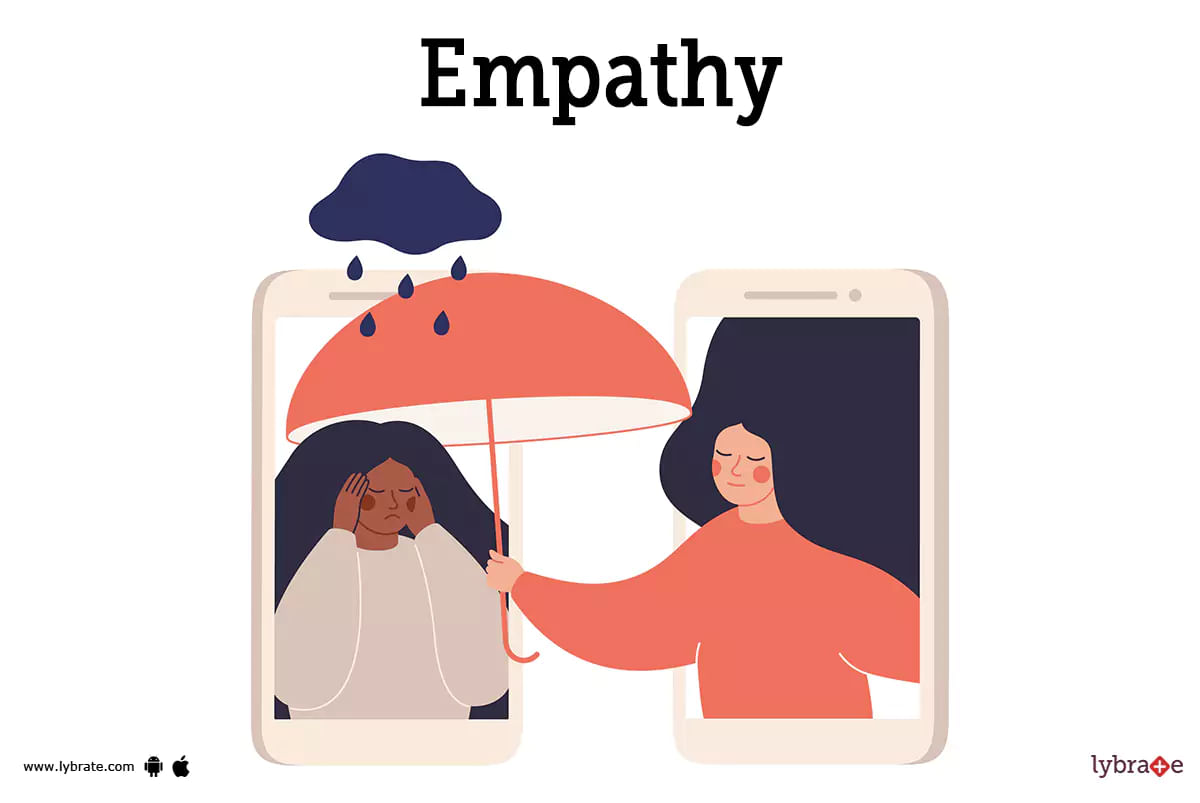


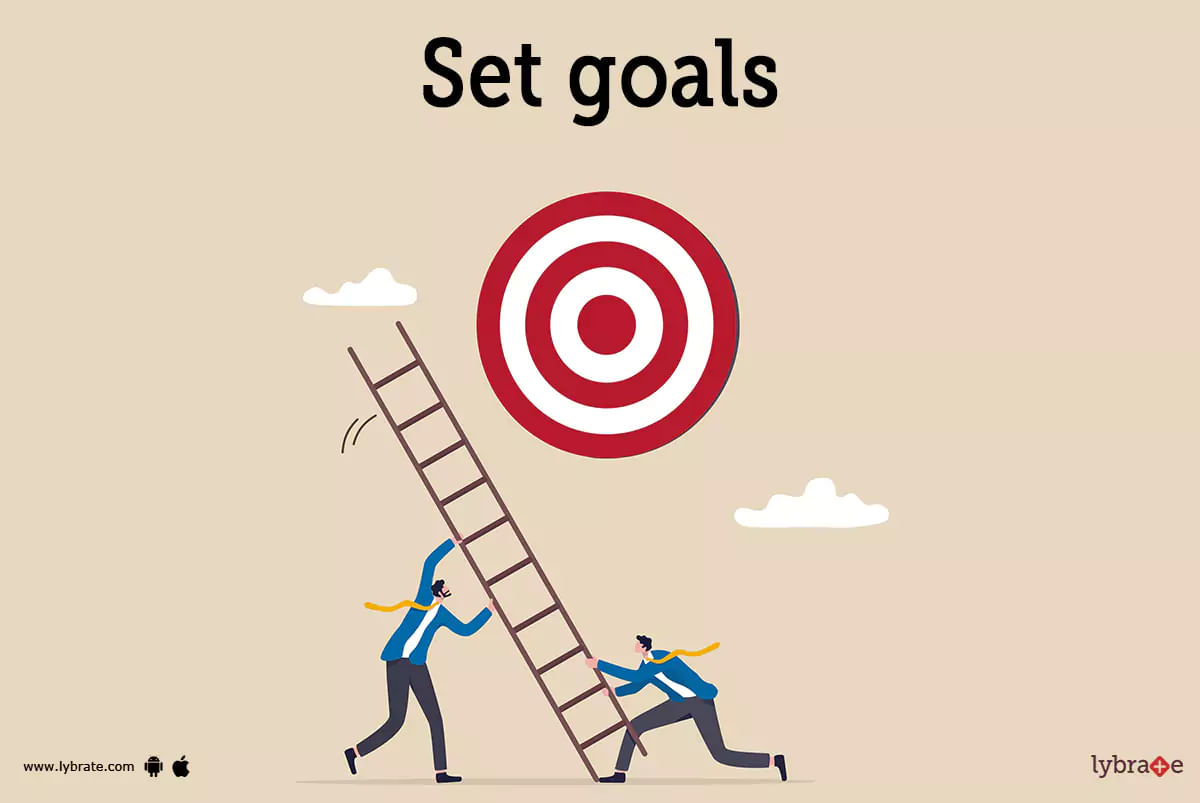
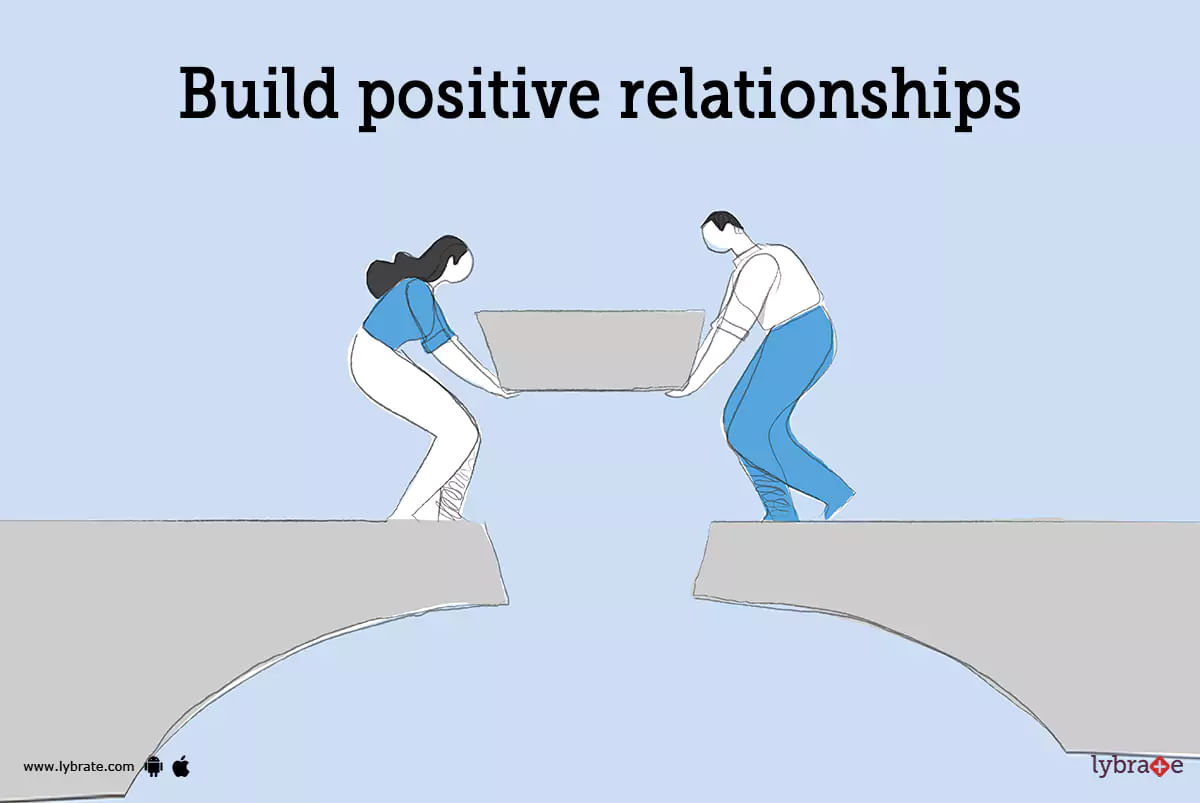
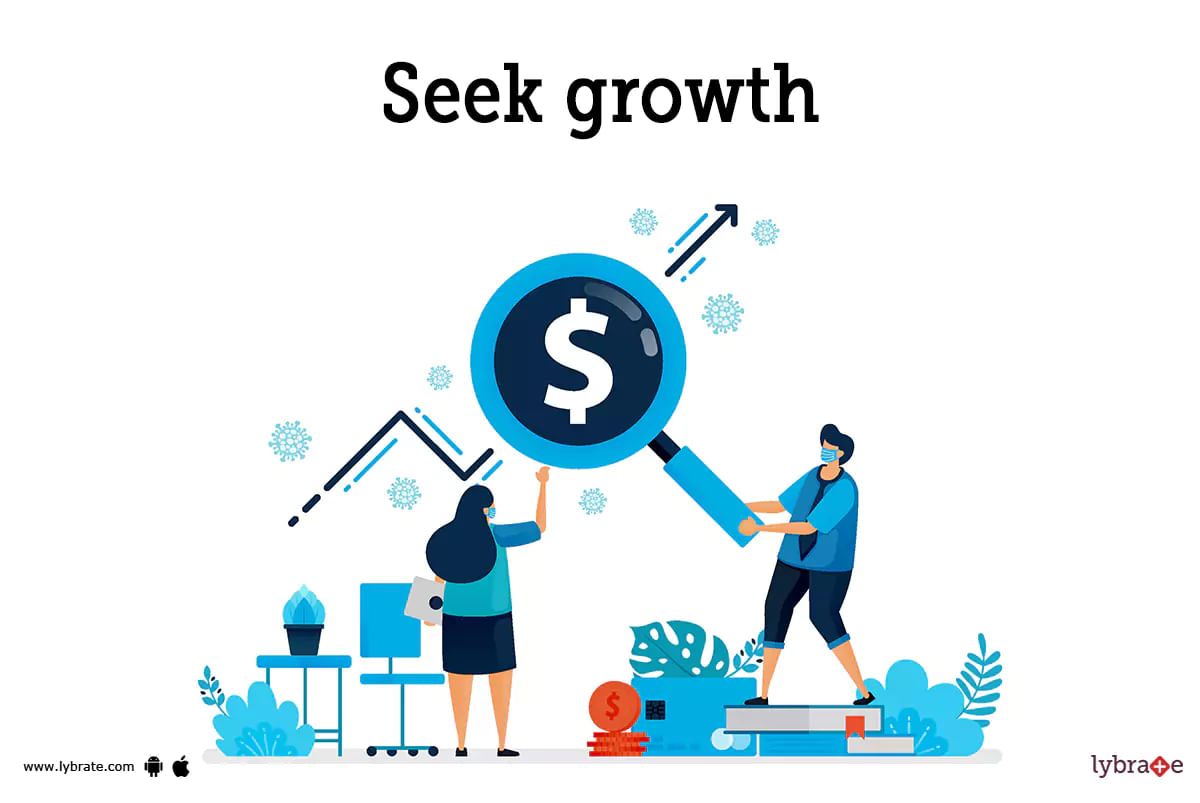
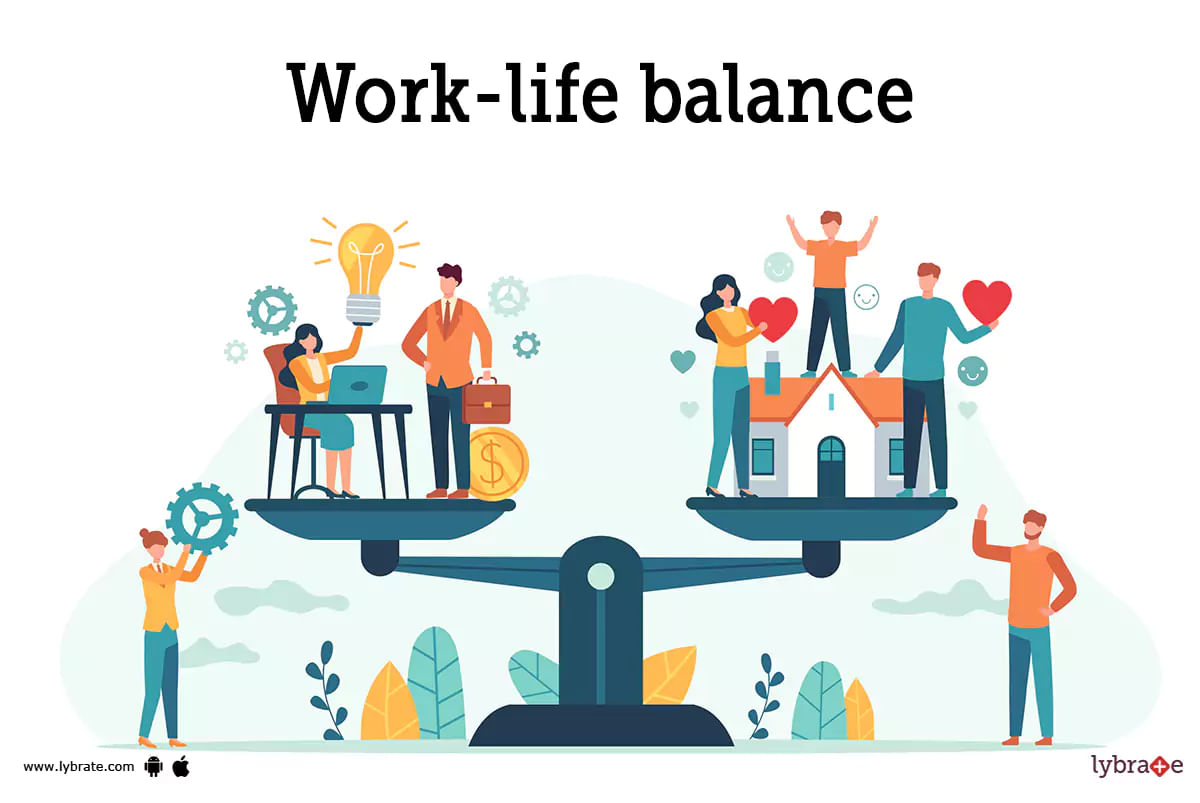
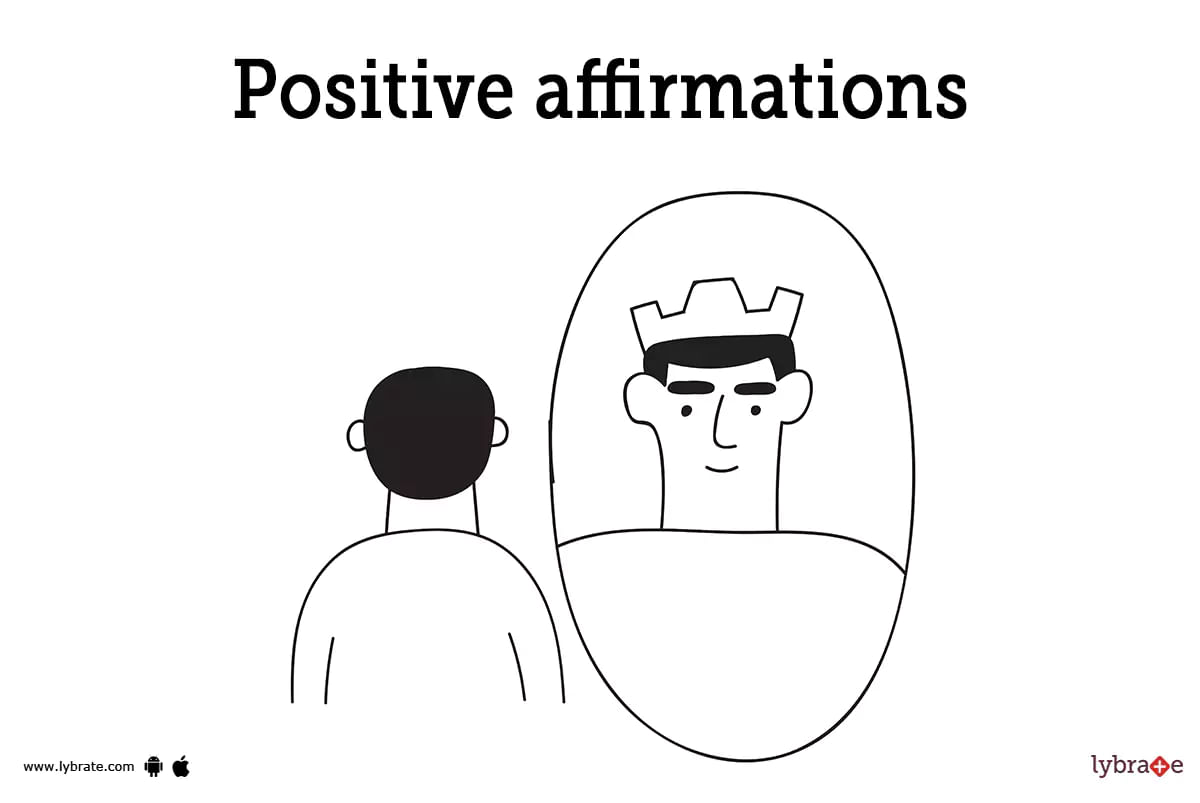


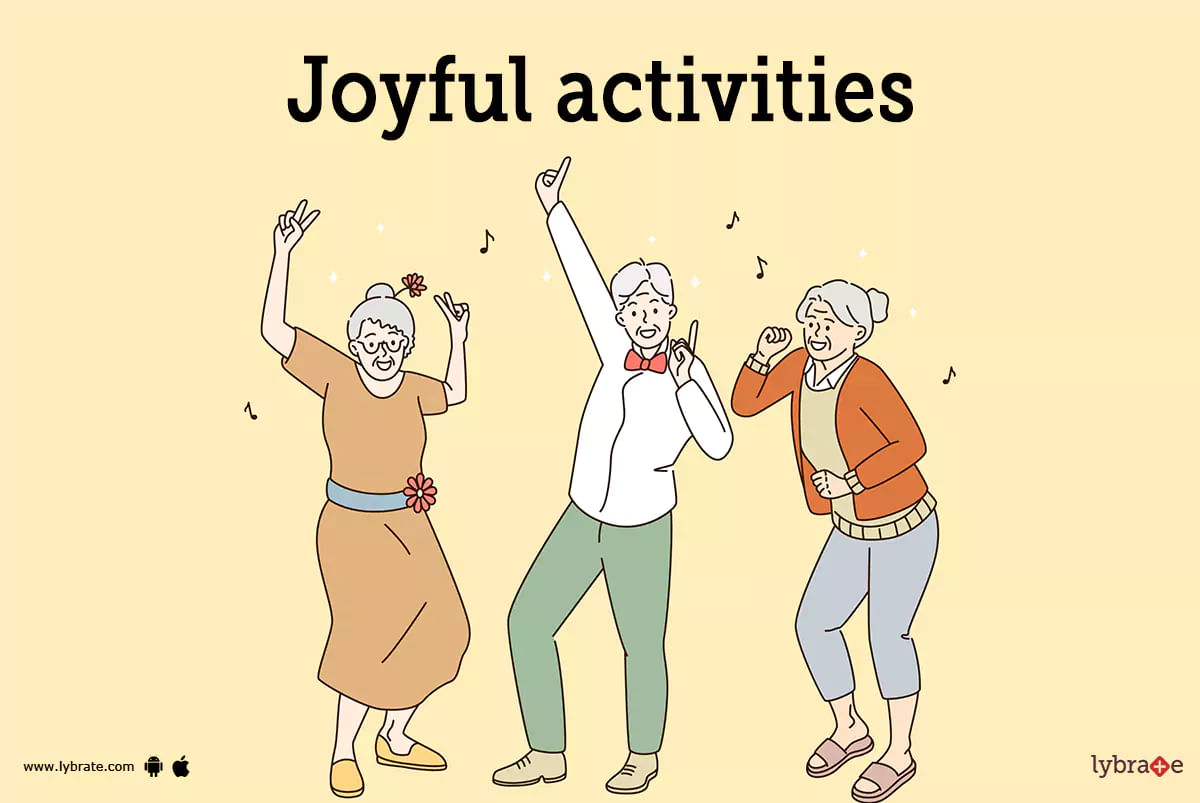
4
Social support